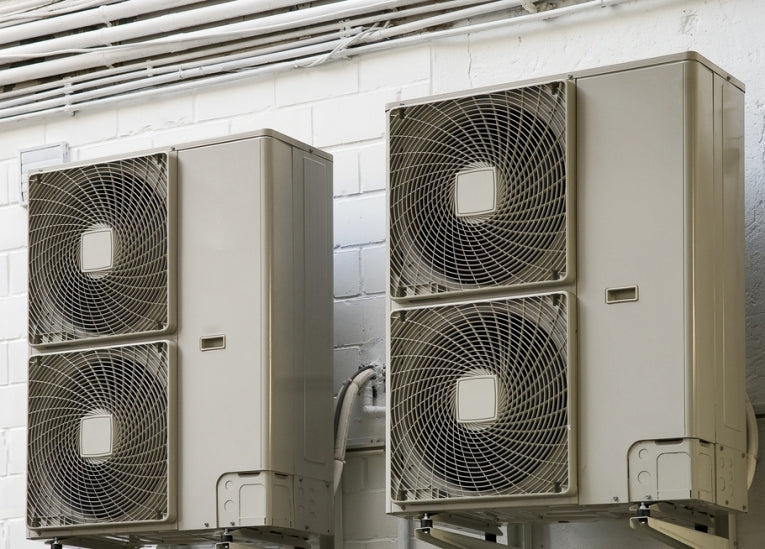We live in a temperature regulated world, simply turning our radiators on in the depths of winter and switching to air con when summer arrives.
Whilst I'm all for feeling cool and comfortable when it's scorching outside, and I hate feeling cold like the rest of you, there comes a point when we have to stop and say, "too much". After all, picking and choosing what temperature you'd like to be simply isn't natural - the seasons are there for a reason!
In the US in particular but also throughout the rest of the Western World it sometimes seems like we've all become air con addicts. I'll be trawling the streets in sunny California, enjoying the warm weather, and then I step into a shop and suddenly wish I'd brought my jacket with me!
Almost everyone has air conditioning installed, either at home or in the car, with the worst offenders amongst use using both. Yet whilst this 'amazing' invention may be keeping you cool in the short-term, long-term it's not quite that simple.
Air conditioning is a major contributor to global warming, and in more ways than one. Firstly, there's the simple fact that is uses a massive amount of energy to function, and unless that energy comes from a sustainable source you're likely adding to the number of fossil fuels being burnt out there.

In Chicago, US, the story is much the same thing. Image by Joanna Poe
So what if your air con is powered by solar panels or a wind turbine on your roof? Is that okay? Well, not really - all that hot air that seems to be magically disappearing from your home (or car) is just being pumped out into the local atmosphere, creating atmospheric 'heat bubbles' over your local area or even an entire city!
These heat zones, known as urban heat islands where they occur above a large town or city, disrupt natural weather patterns and lead to abnormal rain showers, cloud formation and more.
Of course, a little rain never hurt anyone, but I haven't reached my final point yet which is that a huge number of air conditioners use HFCs, a refrigerant that is far more powerful than carbon dioxide when it comes to contributing to the greenhouse effect.
Put simply, air conditioning is bad. It's harmful in small amounts and when you consider the number of air conditioners out there collectively well, it's hard to imagine the magnitude to which this is damaging our environment.

Ceiling fans are better for the environment, and cheaper to run too! Image by David Salisbury
So are we supposed to sit there sweltering and sweating in the summer heat, baking ourselves just to protect the environment? Of course not! There are plenty of ways to keep cool when the temperatures are rising, without worrying about adding to the greenhouse effect.
Ceiling fans work by pushing the warm air up, effectively trapping it against the ceiling - but inside the home rather than sending it out into the environment. They simply adjust the differentiation in temperature between the air you're breathing at ground level and the air that's up high, without actually changing the average temperature in the room.
The Ancient Egyptians had an interesting method of keeping cool - and I'm not talking about the slaves they employed to fan them day and night with giant lotus leaves! No, their best solution was to leave pots of water in doorways so that the hot, dry air blowing in would become cool and moist before it reached the inner chambers of the home.
Simple things like hanging your damp laundry out to dry right in front of your doors and windows, rather than at the other end of your garden, play on this technique and can make a huge difference!

Hang your laundry closer to home for a greener way to cool down that's totally free. Image by Mysza831
Smaller ideas such as using a handheld fan as is common in Spain and Japan, closing curtains in a room when no one's in it, popping your bed sheets in the fridge for an hour before bedtime, or even just opening a window can all keep you cool when the temperatures start to rise - enough, I hope, to make you think twice next time your hand reaches for the air conditioning switch!
Do you have any other innovative (or even simple) ways to cool down in an eco-friendly way?










